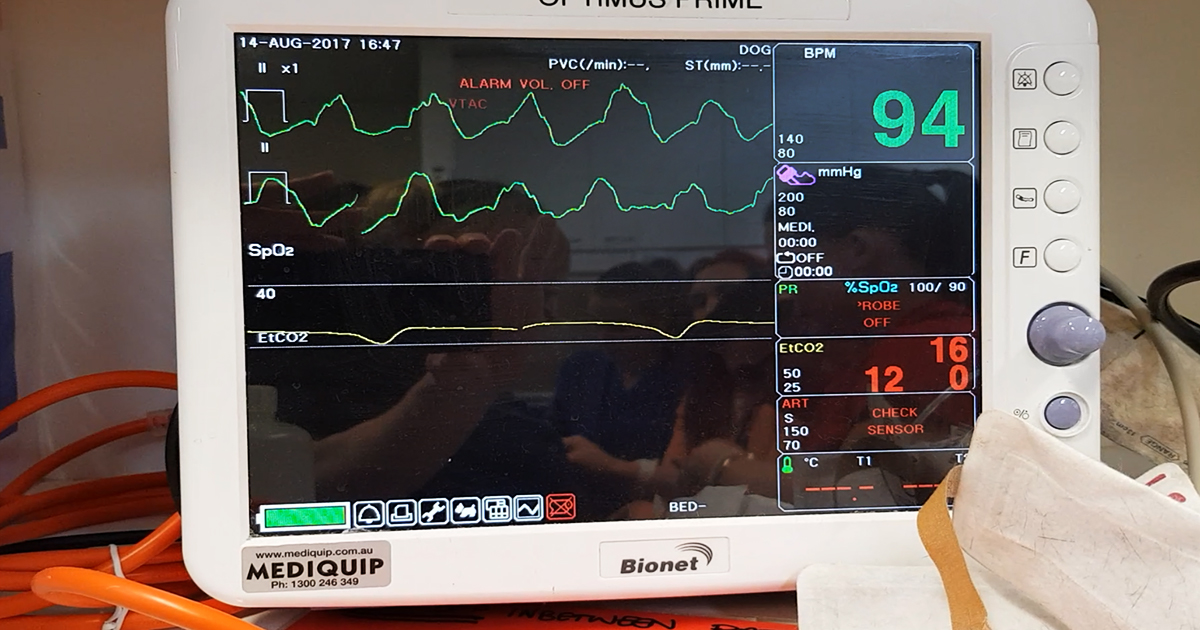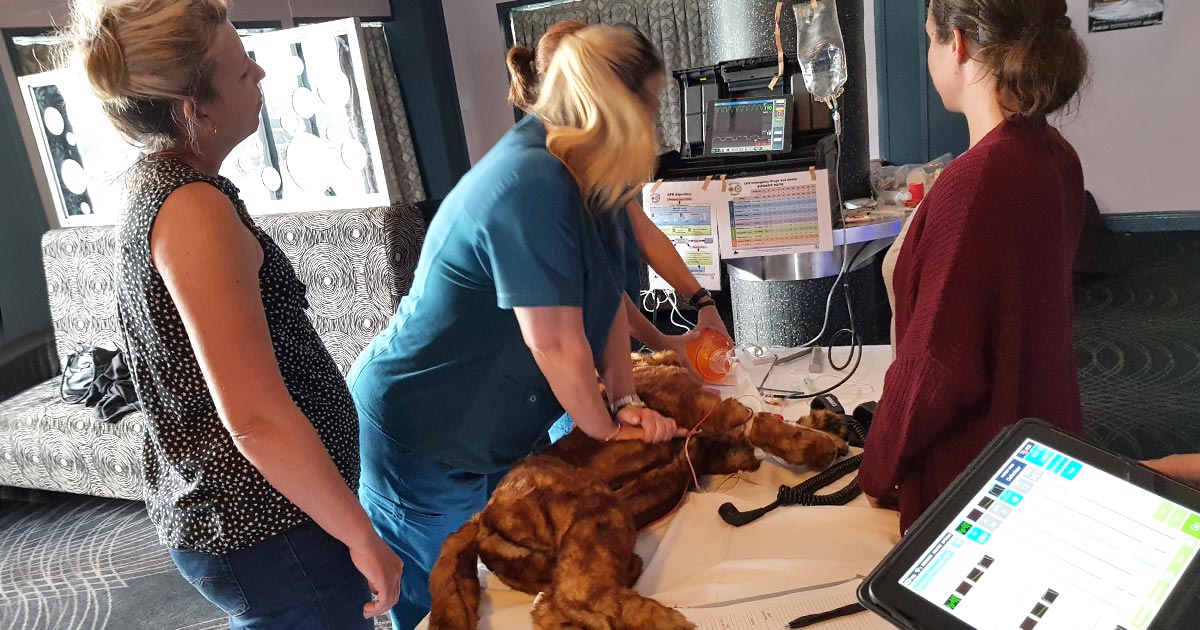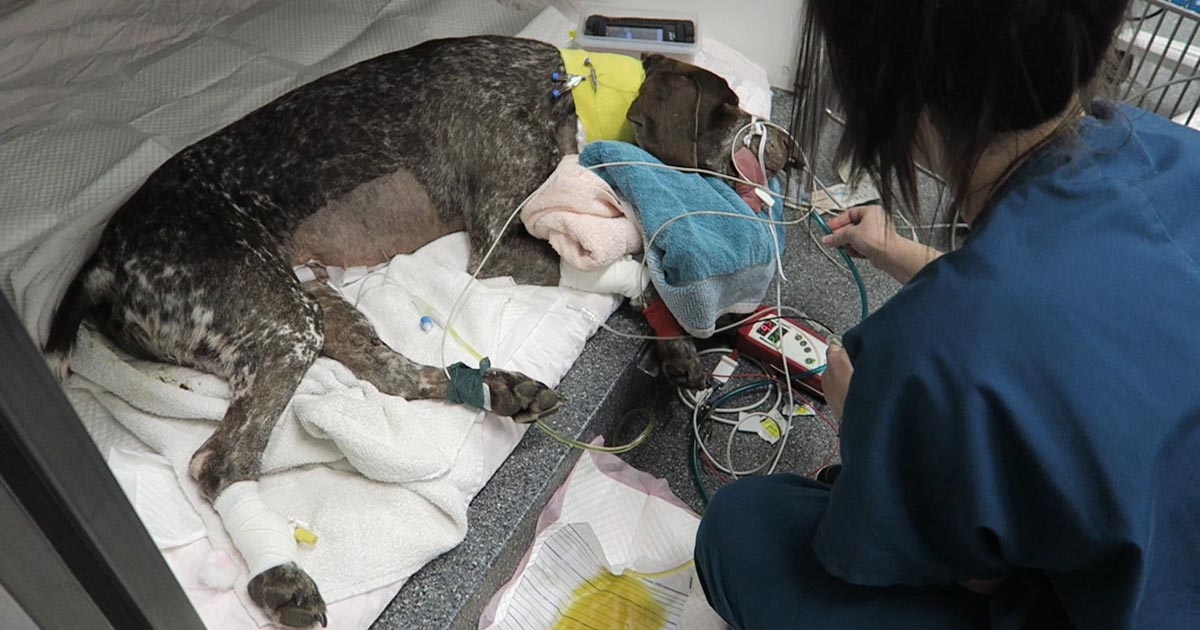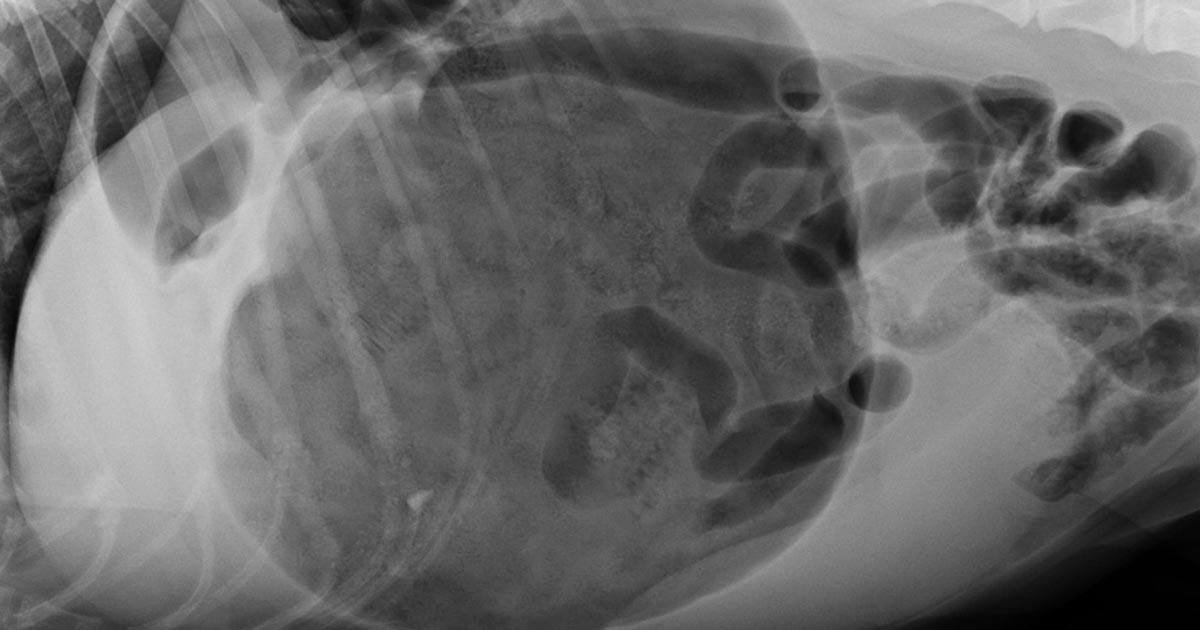Tag: ECG
-

Ionised hypocalcaemia, pt 3: acute treatment and management
—
by
Treatment of ionised hypocalcaemia (iHCa) is reserved for patients with supportive clinical signs, then divided into acute and chronic management. Since the most common cases of clinical hypocalcaemia in canine and feline patients are acute to peracute cases, this blog will focus on the acute treatment and management of hypocalcaemia. Clinical signs The severity of…
-

Cardiopulmonary resuscitation, pt 4: monitoring equipment
—
by
Monitoring devices are crucial in the success of cardiopulmonary resuscitation (CPR). Many monitoring modalities can be used during CPR for the assessment of the adequacy of CPR efforts and the return of spontaneous circulation (ROSC). These monitoring devices, however, should never be used as a sole mechanism to confirm cardiopulmonary arrest. Indeed, commencement of CPR…
-

Cardiopulmonary resuscitation
—
by
Nothing quite describes “the worst nightmare” better than having to perform cardiopulmonary resuscitation (CPR) on our patients. Matters will only be worse if we are unprepared for it. When I say “we”, it’s not just us veterinarians, but everyone involved, since each person’s action – or lack of action – has a direct impact on…
-

Focus on GDV, part 4: the recovery
—
by
Postoperatively, gastric dilatation-volvulus (GDV) patients remain in our intensive care unit for at least two to three days. Monitoring includes standard general physical examination parameters, invasive arterial blood pressures, ECG, urine output via urinary catheter and pain scoring. I repeat PCV/total protein, lactate, blood gas and activated clotting times (ACT) immediately postoperatively and then every…
-

Christmas dangers
—
by
Christmas can be a busy time for vet clinics, so here is a list of common intoxications and conditions to keep an eye out on during the festive period. Chocolate Numerous online calculators can determine whether a toxic dose has been consumed and they are a great place to start. I always perform emesis in…
-

All hands on deck: GDV diagnosis
—
by
Gastric dilatation-volvulus (GDV) is a true veterinary emergency and while it can be daunting to be presented with a sick dog with suspected GDV, the most important thing to remember is this patient will likely succumb to this condition without your intervention. First, a little pathophysiology: GDV is a broad term that can refer to…
-

Learn to teach (to learn)
—
by
It has been proven that you learn better and recall more information when you are expected to teach someone, compared to when you are expecting to be examined on it. So, how can you take advantage of this, and what are the benefits? The benefit of sharing knowledge is twofold – you benefit, but so…